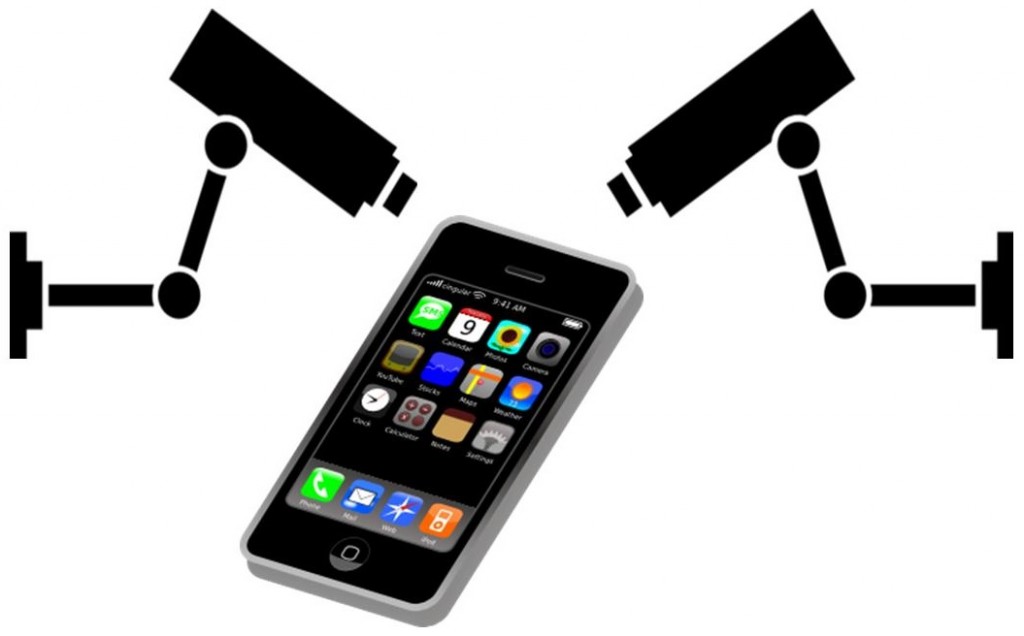Google and Facebook are leading the group from the tech industry that is seeking changes to government spying.
A group of the largest and most powerful tech companies in the world have come together in an effort to improve mobile surveillance security for their users, who now know that they are being watched by certain government agencies, particularly in the United States.
These industry leaders are seeking to encourage wide scale changes to the American government’s Big Brother activities.
The companies have called themselves the Reform Government Surveillance group. They are seeking to make massive mobile surveillance security changes to the way that the American government has been watching people in the country and around the world. Much of this action is the result of the revelations made by whistleblower Edward Snowden, who revealed – among other things – that the NSA has been watching millions upon millions of people every day, around the globe, gathering information such as location data from their mobile devices.
The group has said that it should be possible for individuals and businesses to have greater mobile surveillance security.
 The Reform Government Surveillance group is made up of Google, Facebook, Apple, Microsoft, Yahoo!, Twitter, AOL, and LinkedIn. This alliance was created in order to move ahead their communal belief that “it is time for the world’s governments to address the practices and laws regulating government surveillance of individuals and access to their information.”
The Reform Government Surveillance group is made up of Google, Facebook, Apple, Microsoft, Yahoo!, Twitter, AOL, and LinkedIn. This alliance was created in order to move ahead their communal belief that “it is time for the world’s governments to address the practices and laws regulating government surveillance of individuals and access to their information.”
The organization has placed its backing behind widespread new reforms that federal politicians have proposed. The group’s website has suggested five different core elements that require changes. They are:
• Accountability and oversight
• A limit to the authority of the government for user data collection
• Government demand transparency
• Avoidance of government related conflicts
• Respecting a more free flow of information
An open letter from the group to the American government has urged them to “take the lead and make reforms that ensure that government surveillance efforts are clearly restricted by law, proportionate to the risks, transparent and subject to independent oversight.” The goal is to boost mobile surveillance security and privacy for users of the standard and mobile web.


